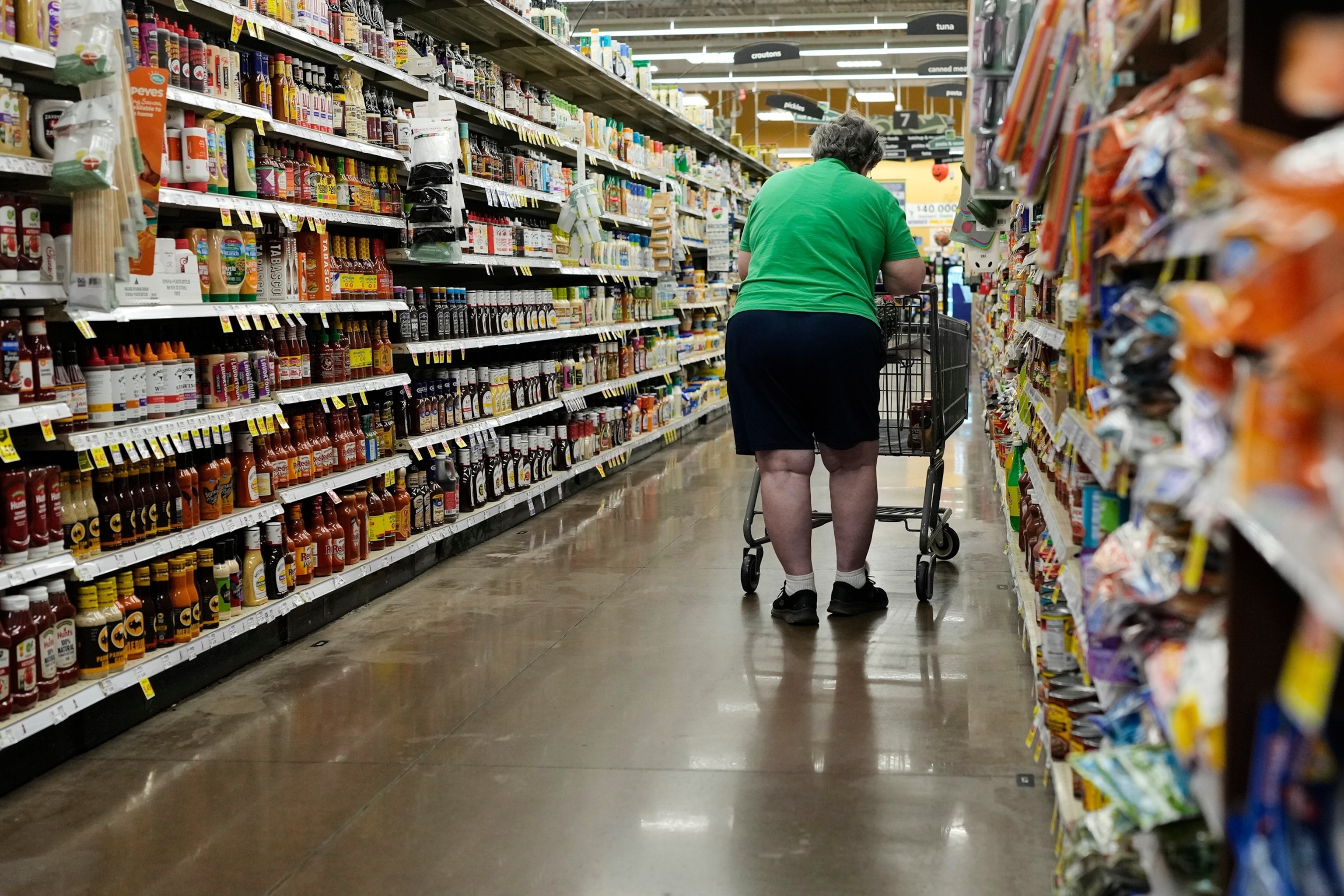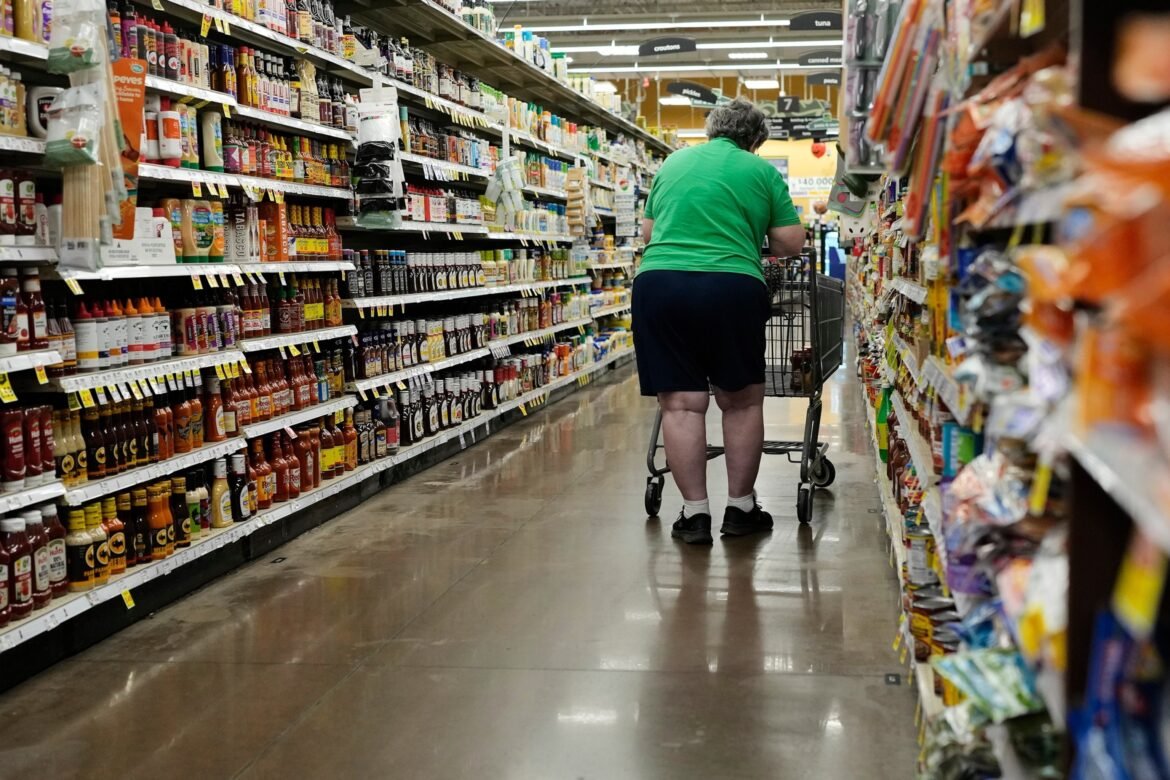A Navy veteran, a former member of Congress and an avowed democratic socialist scored sweeping victories in high-profile elections Tuesday, all carrying the Democratic Party banner and addressing widespread concerns about affordability.
Despite varied biographies, Democrats who led the polls in New Jersey, Virginia and New York City prevailed in races against voters who ranked the economy or the cost of living as a top issue, according to exit polls conducted by ABC News.
The economic lead among Democratic candidates marked a sharp turn from the presidential election a year ago, when widespread discontent over inflation helped fuel President Donald Trump’s success and Republican control of Congress.
About half of Virginia voters said Tuesday that the economy was the most important issue facing the commonwealth and supported Democrat Abigail Spanberger by more than 24 percentage points, according to ABC News exit polls.
Meanwhile, more than half of New York City voters said the cost of living was the most important issue facing the city, eclipsing the other issues measured in ABC News exit polls, and about two-thirds of those voters voted for Democrat Zohran Mamdani.
Taxes and the economy were the top two issues among New Jersey voters, and similar proportions of tax-focused voters supported Republican Jack Ciattarelli, while economy-focused voters supported Democrat Mikie Sherrill, ABC News exit polls showed.
Although each candidate has different proposals for reducing costs (Mamdani being the most vocal about raising the tax rate on the wealthy to pay for services like child care), a large number of voters were attracted to his messages.

A person shops at a grocery store on Oct. 31, 2025, in Nashville, Tennessee.
George Walker IV/AP
Speaking to ABC News’ “Good Morning America” on Wednesday, Mamdani said he viewed his election victory as a “mandate” to pursue the “most ambitious” affordability agenda for New Yorkers in decades.
He described the first steps to fund that agenda as pushing to raise taxes on the wealthiest New Yorkers, along with raising corporate taxes to 11.5% from their current level of about 7.25%.
“These things together raise about $9 billion,” Mamdani, a 34-year-old state Assembly member who identifies as a democratic socialist, told ABC News, noting that such revenue “more than pays for the economic agenda and also begins to make our city Trump-proof.”
Tuesday’s results stand in stark contrast to the outcome of the national election a year ago in November, when Trump swept all seven swing states en route to a decisive election victory over Democratic candidate Kamala Harris.
Back then, about two-thirds of voters said the economy was in bad shape, according to ABC News exit poll results. Forty-seven percent of voters said their own financial situation was worse than four years earlier, higher than the proportion holding that view immediately after the Great Recession of 2008.
Inflation and the economy consistently ranked among the top concerns among voters in polls taken before last year’s presidential election.
Price increases slowed earlier this year but have recovered in recent months, reaching the same level recorded in January, when Trump took office. Meanwhile, hiring has slowed in recent months, raising the risk of an economic double whammy known as “stagflation.”
In a post about unknown On Wednesday, Vice President JD Vance downplayed the importance of the previous day’s election, but also acknowledged the importance of voters’ financial concerns.
“I think it’s idiotic to overreact to a couple of elections in Democratic states,” Vance said.
He added: “The president has done many things that have already borne fruit in lower interest rates and lower inflation, but we inherited a disaster from Joe Biden and Rome was not built in a day.”
“We are going to continue working to make a decent life affordable in this country, and that is the metric by which we will ultimately be judged in 2026 and beyond,” Vance said.
Ivan Pereira and David Brennan of ABC News contributed to this report.


